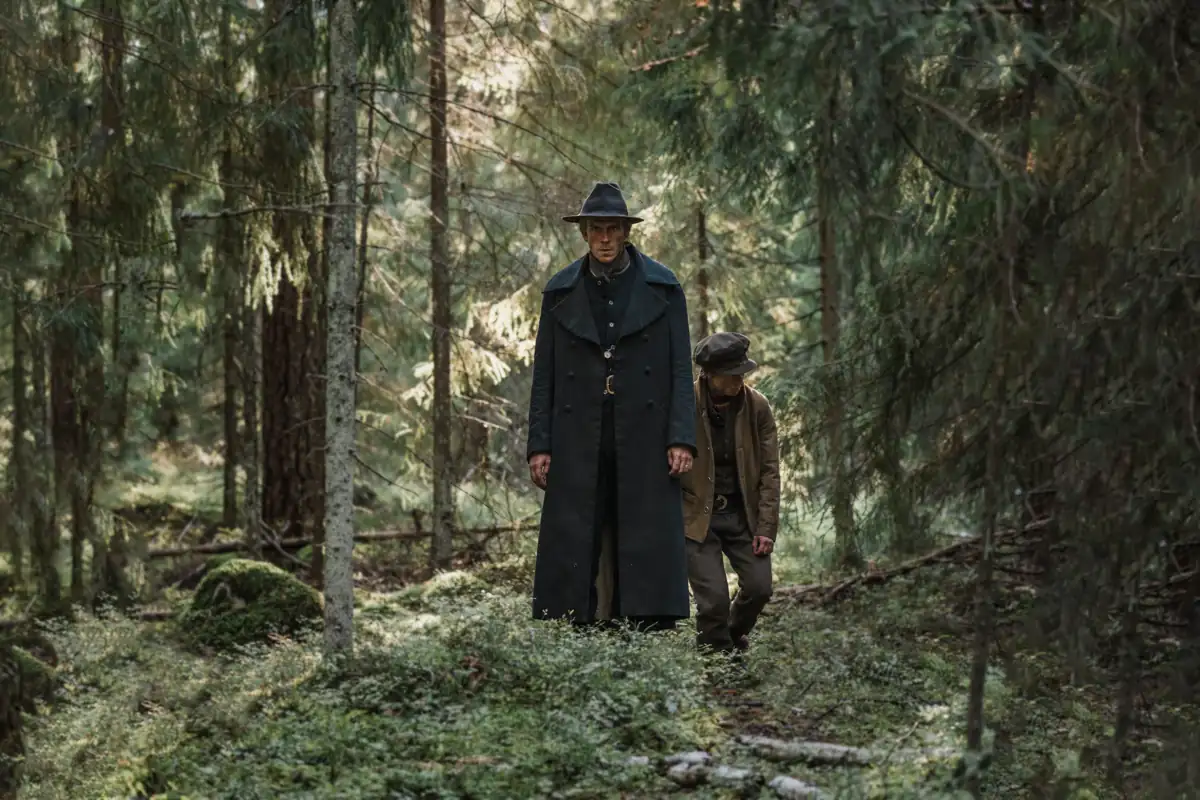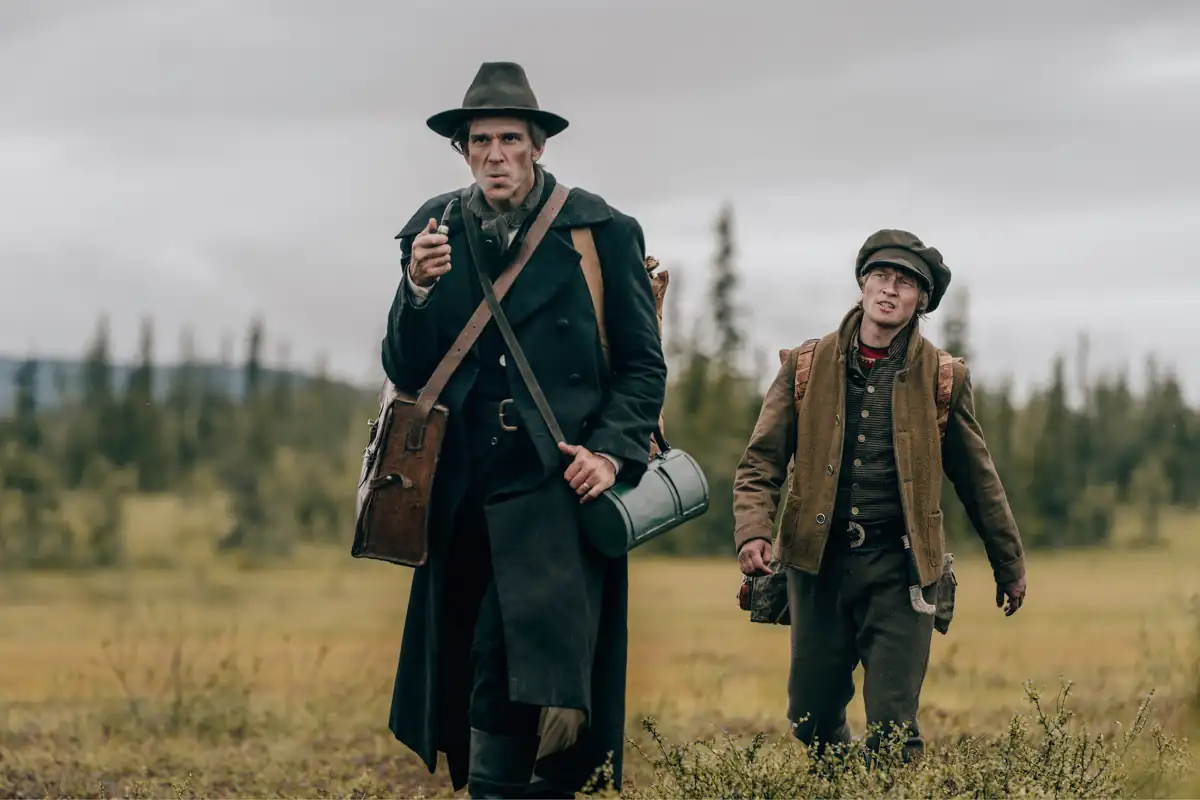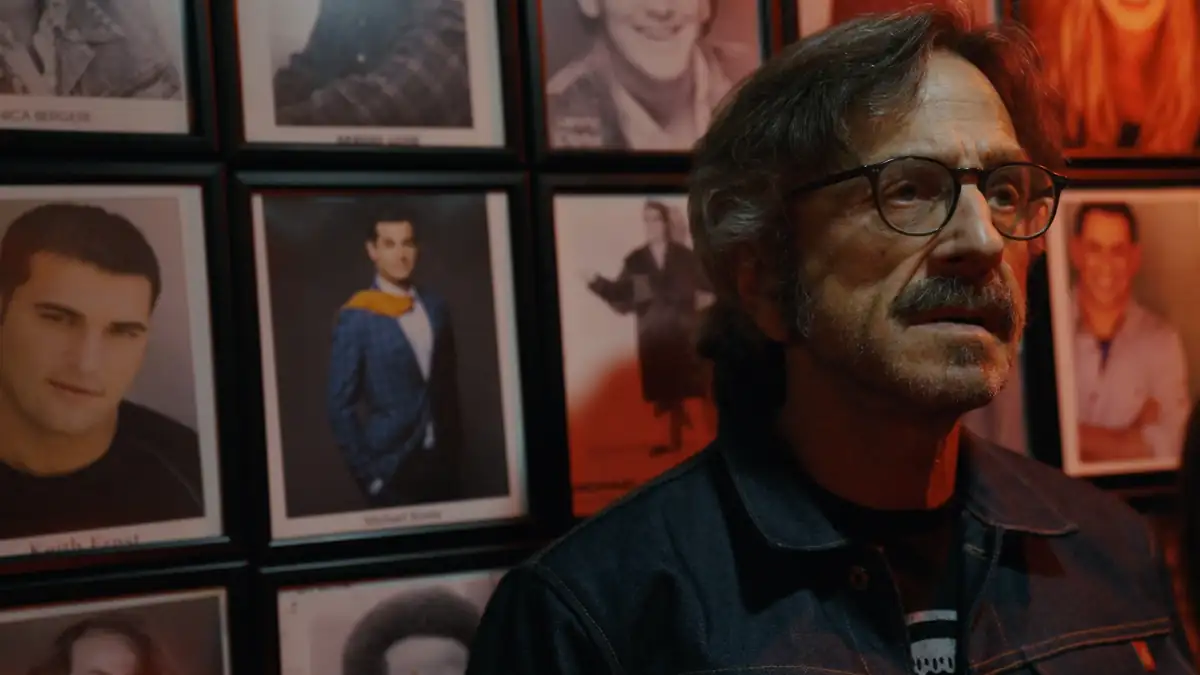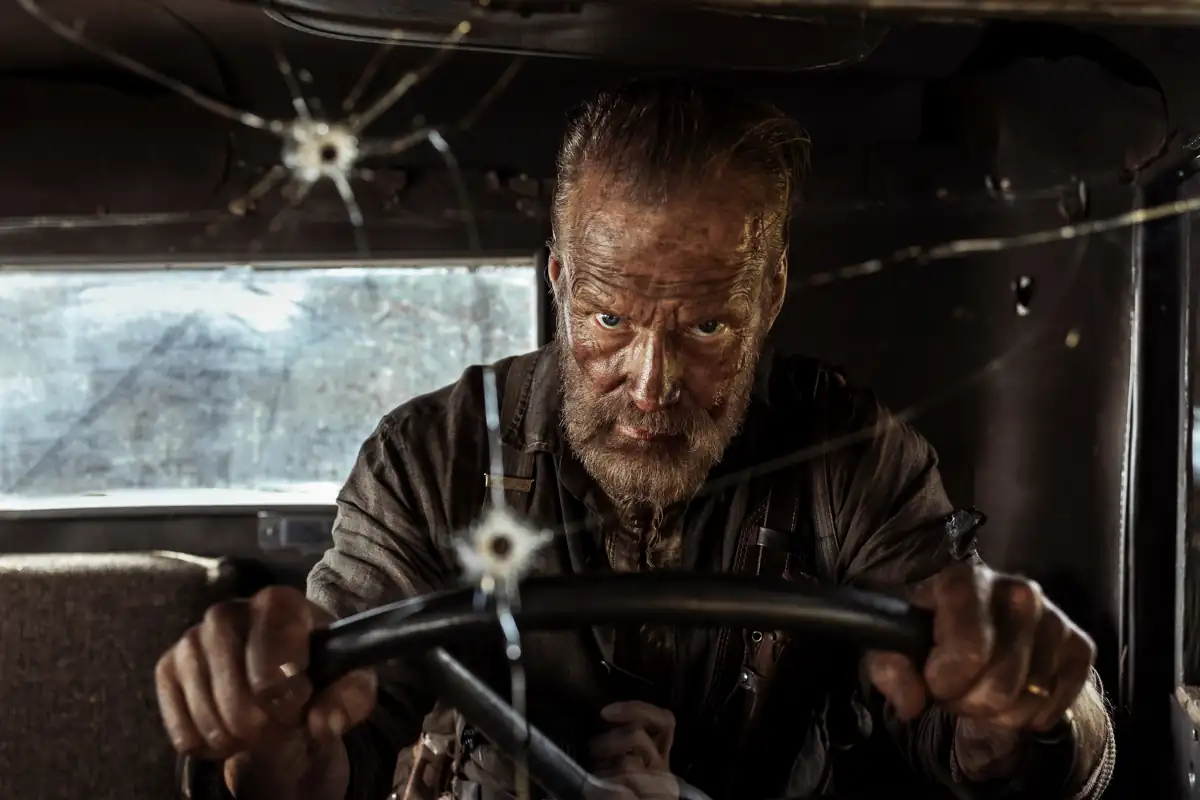(THE UNDOING premieres on HBO Nordic October 26.)
Nicole Kidman and Hugh Grant light up a handsomely shot and expensive, but otherwise bloated and dull HBO murder mystery that neither excites nor titillates. The hugely talented duo play Grace and Jonathan Fraser, an obscenely wealthy New York socialite pair with a seemingly perfect life on their hands. But when the grotesque murder of a beautiful mother in their social circle threatens to tear everything apart, Grace has to come to terms with the possibility that she might not know her husband at all.
The limited series starts strongly, even if nothing is particularly original. Kidman has made a career of playing strong women that society tries to tear down, only for them to grow even more determined by the end. Grant, on the other hand, has experienced a kind of career renaissance, emerging from his post-rom-com era as a patron saint for villains. Scoundrels we love to hate, imbued with his endless charm covering up the horrors behind their smiles. Problem is that Grant is so good at playing these parts that it’s readily apparent the accusations (which come very early on) might hold water. It’s a bit of stunt casting that would have worked a decade ago, but now plays against itself.
That’s not Grant’s fault, though, and he plays the part of the desperately charming neurologist wonderfully. It’s easy to see why people would fall for his charms, even as your bullshit detector is ringing loudly. His and Kidman’s chemistry is palpable, and for a brief moment, it’s easy to root for them.
But this is a series that’s six hours in length with enough material for maybe two. Each episode ends on a cliffhanger that should have come half an hour before, and many convoluted twists end up meaning nothing. One twist feels particularly egregious as it caps off an episode with the promise of an unreliable narrator, only for the following one to dismiss it offhand as a cheap gotcha.

A part of why this feels like such a drag is the series can’t decide on a tone. One minute it’s a police procedural, the next a soap opera examining upper-class isolation, only to turn into a courtroom drama in the following episode. It explores none of these with any grace or nuance but rather as thinly drawn stereotypes suited only to drag the plot into the next big reveal.
Taking the brunt of the poor writing is Edgar Ramirez, who delivers exposition in a needlessly hostile manner whenever he’s on-screen. He’s the cop of the story, but it’s never clear why he’s like this, even when he explains his reasons. Kidman gets the showy part instead, crumbling and rebuilding herself during interrogations like it was a warmup act. Everyone else just tries to keep up. But these scenes don’t lead anywhere, making her brilliant performance feel wasted. They’re there because that’s what you put in a cop drama.
The same goes for both the victim and their family. As the murdered Elena, Matilda De Angelis is charismatic but wasted in a leery role requiring pointless nudity. Her husband, played by Ismael Cruz Cordova, gets more scenes, but they’re in the service of richer, whiter characters. A better story would say something about the treatment of working-class immigrants in the justice system, but not here, even as the series accidentally stumbles on the subject through dialog.
There’s little to fault in the directing by Susanne Bier, who paints the city as an endless series of glass towers and straight angles. She does as much as possible with a script that leaves the show spinning plates from one episode to the next. David E. Kelley, the man behind every insipid procedural of the last twenty years, writes THE UNDOING without a shred of interest in the systems he’s depicting. His fascination begins and ends in their dramatic, circus-like, potential. This isn’t a bad thing, but it also doesn’t lend itself to the kind of depth that THE UNDOING needs.

The series comes from the best-selling novel YOU SHOULD HAVE KNOWN, and there’s an uncomfortable feeling that both original material and the show place at least some of the blame on the victims. Grace is a psychiatrist for the excessively wealthy, and early scenes show her ruthlessly tearing down her patients for their lack of self-awareness. It’s an indicator of what’s to come and how her blindness has lead to this situation. But the fallout is never explored, and Kelley toys with the unreliable narrator trope too frequently, leaving the result with the vague accusation that behind every abusive household are two guilty parties.
At the same time, THE UNDOING also wants to talk about obsession, sexual abuse, class struggles, and mental illness without actually doing any of the legwork to make any of them worthwhile. They’re the cinematic equivalent of thoughts and prayers.
The result is six hours of pretty meandering through a series of increasingly expensive sets, where people breathily express shock and dismay at whatever case of drama is flaring up next. It’s exhausting instead of exhilarating.












